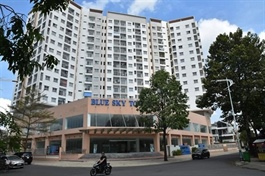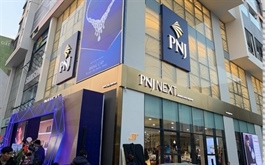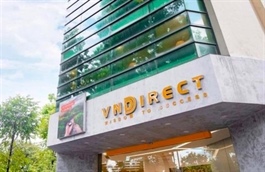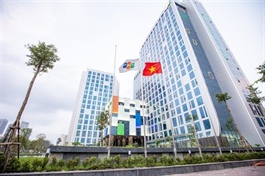Techcombank (TCB) receives green light to double charter capital
Techcombank (TCB) receives green light to double charter capital
The State Securities Commission (SSC) has recently approved Techcombank to double its charter capital.
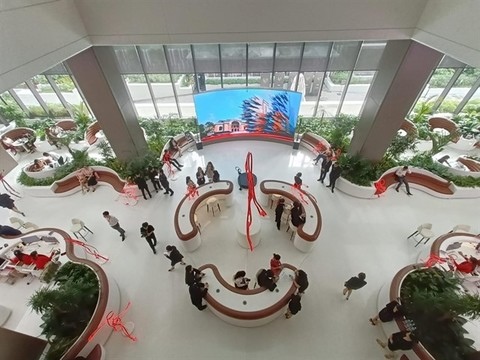
Inside Techcombank's headquarters on Lý Thường Kiệt Street, Hà Nội. — Photo courtesy of the bank |
The bank will increase its charter capital from over VNĐ35.2 trillion to VNĐ70.45 trillion (US$2.8 billion) through a bonus share issuance from retained earnings.
The expected issuance rate is 100 per cent, meaning that existing shareholders will receive an additional 100 new shares for every 100 shares held.
This important decision was approved during Techcombank's annual general shareholders' meeting held in April.
Once the capital increase plan is completed, the lender will ascend from the eighth position to the second position in the banking sector's charter capital rankings, trailing only VPBank, which has a charter capital of over VNĐ79.3 trillion.
Techcombank had previously obtained regulatory approval to distribute cash dividends for 2023 at a rate of 15 per cent, with each share receiving VNĐ1,500 in cash. Investors started receiving dividends in their accounts at the beginning of June.
With a combined cash dividend rate of 15 per cent and a bonus share rate of 100 per cent, Techcombank stands out as the only bank that has provided shareholders with a total payout of 115 per cent for the current year.
This milestone also signifies the bank's first distribution of cash dividends in a decade. The dividend distribution is estimated at over VNĐ5 trillion.
This year, it aims to achieve a profit before tax of VNĐ27.1 trillion, an 18.4 per cent increase from 2023.
On the stock market, Techcombank’s shares were traded at VNĐ49,050 per share at 10.25am on Monday, down 0.1 per cent from the previous session.
The big three State-owned commercial banks, Vietcombank, BIDV and VietinBank, have all formulated capital increase plans that received unanimous approval from shareholders at their recent general meetings. These plans are currently pending regulatory approval.




